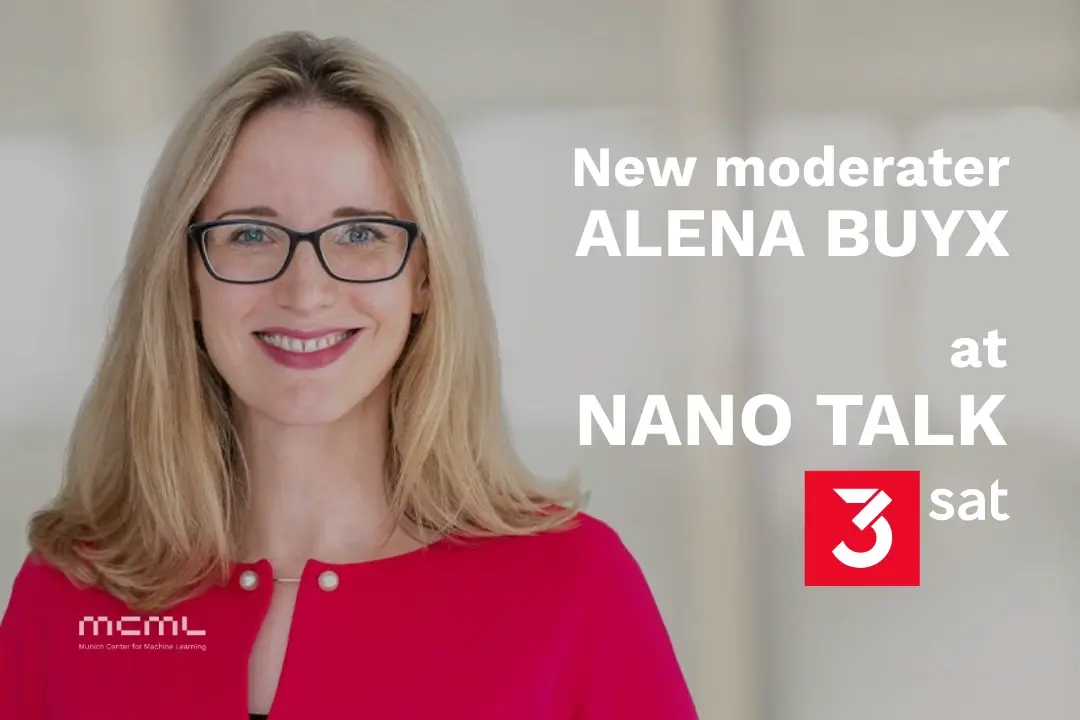06.03.2024

©greenbutterfly - stock.adobe.com
Our Director Daniel Rückert on How Datasecurity in AI in Medicine Can Be Realized
TUM Magazine "Faszination Forschung"
The current issue of the TUM magazine "Faszination Forschung" takes a closer look at the work of our Director, Daniel Rückert.
With his team, he strives to train medical AI in a way that ensures both patient data privacy and the impartiality of the AI in diagnosis. To achieve this, he employs "Differential Privacy", a method that adds a kind of statistical noise to the data.
«The requirements for AI systems are high. They should handle patients' personal data carefully and not store any identifiable information.»
(Daniel Rückert)
Related

07.10.2025
Alena Buyx Joins 3sat’s NANO Talk as New Co-Host
Alena, MCML PI, co-hosts 3sat’s NANO Talk, making science engaging, from AI to nutrition, with upcoming episodes.

26.09.2025
Björn Ommer Featured in WELT
MCML PI Björn Ommer told WELT that AI can never be entirely neutral and that human judgment remains essential.

25.09.2025
Björn Schuller Featured in Macwelt Article
MCML PI Björn Schuller discusses in Macwelt how Apple Watch monitors health, detects subtle changes, and supports early intervention.

24.09.2025
MCML PI Björn Ommer Featured on ZDF NANO Talk
MCML PIs Björn Ommer & Alena Buyx discuss AI’s essence on ZDF NANO Talk, covering tech, ethics, and societal impact.
